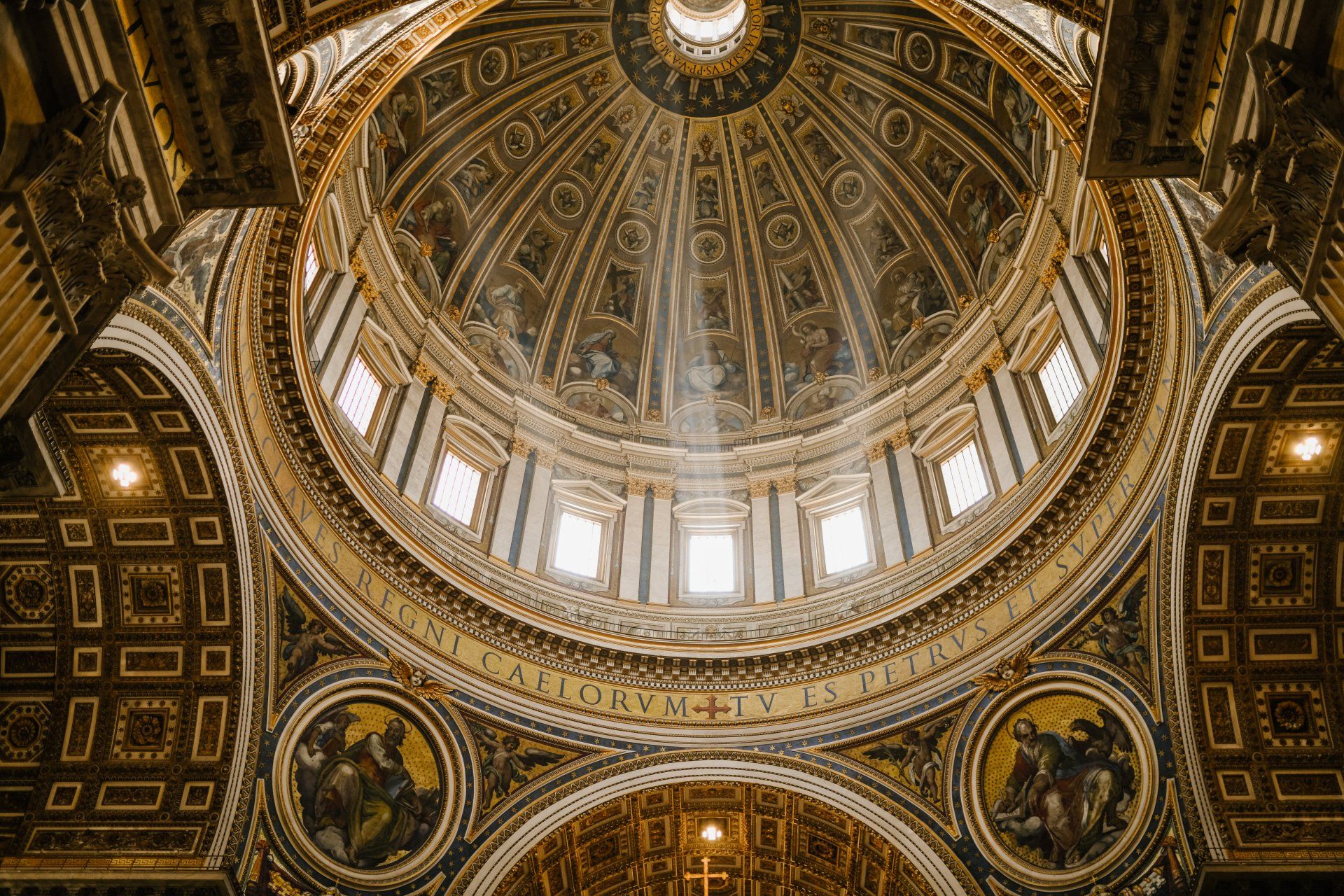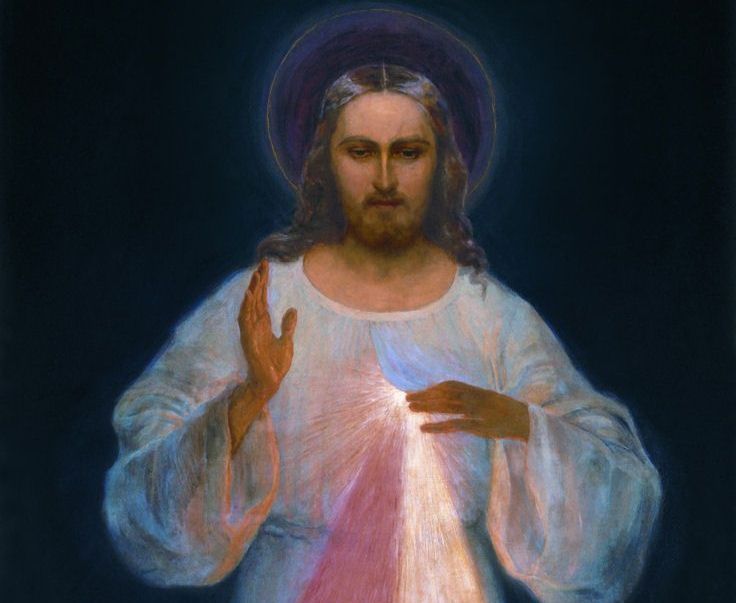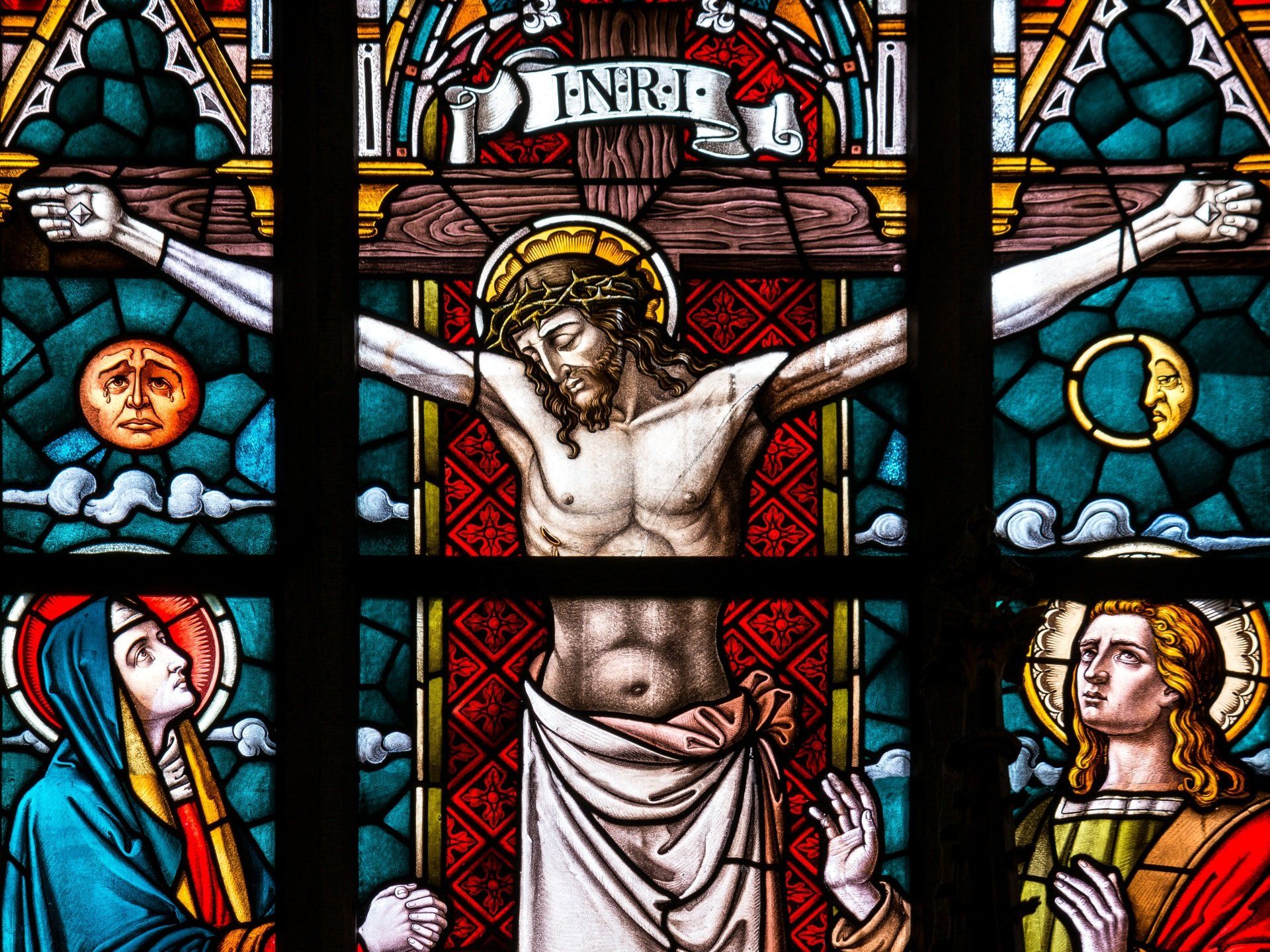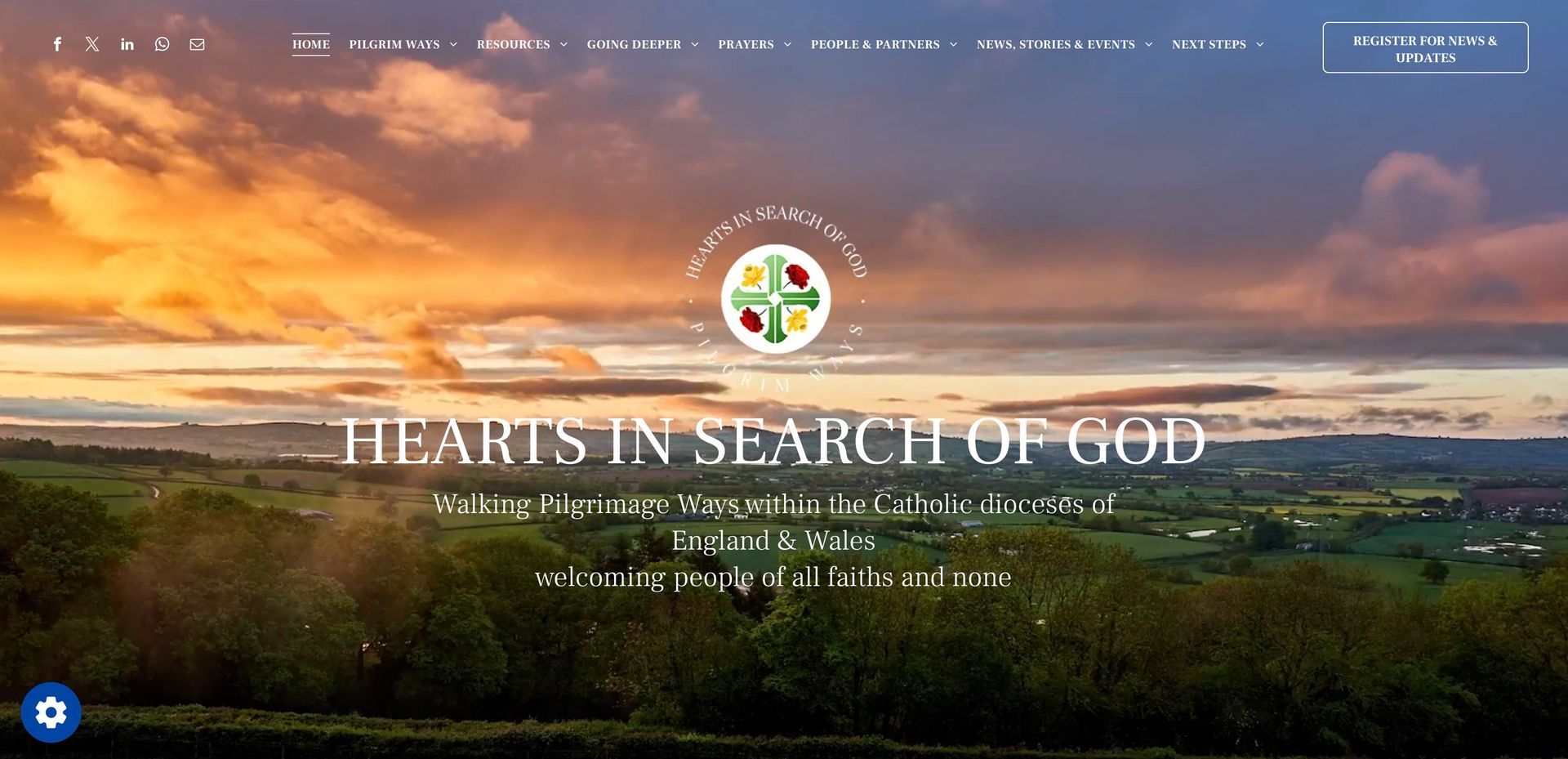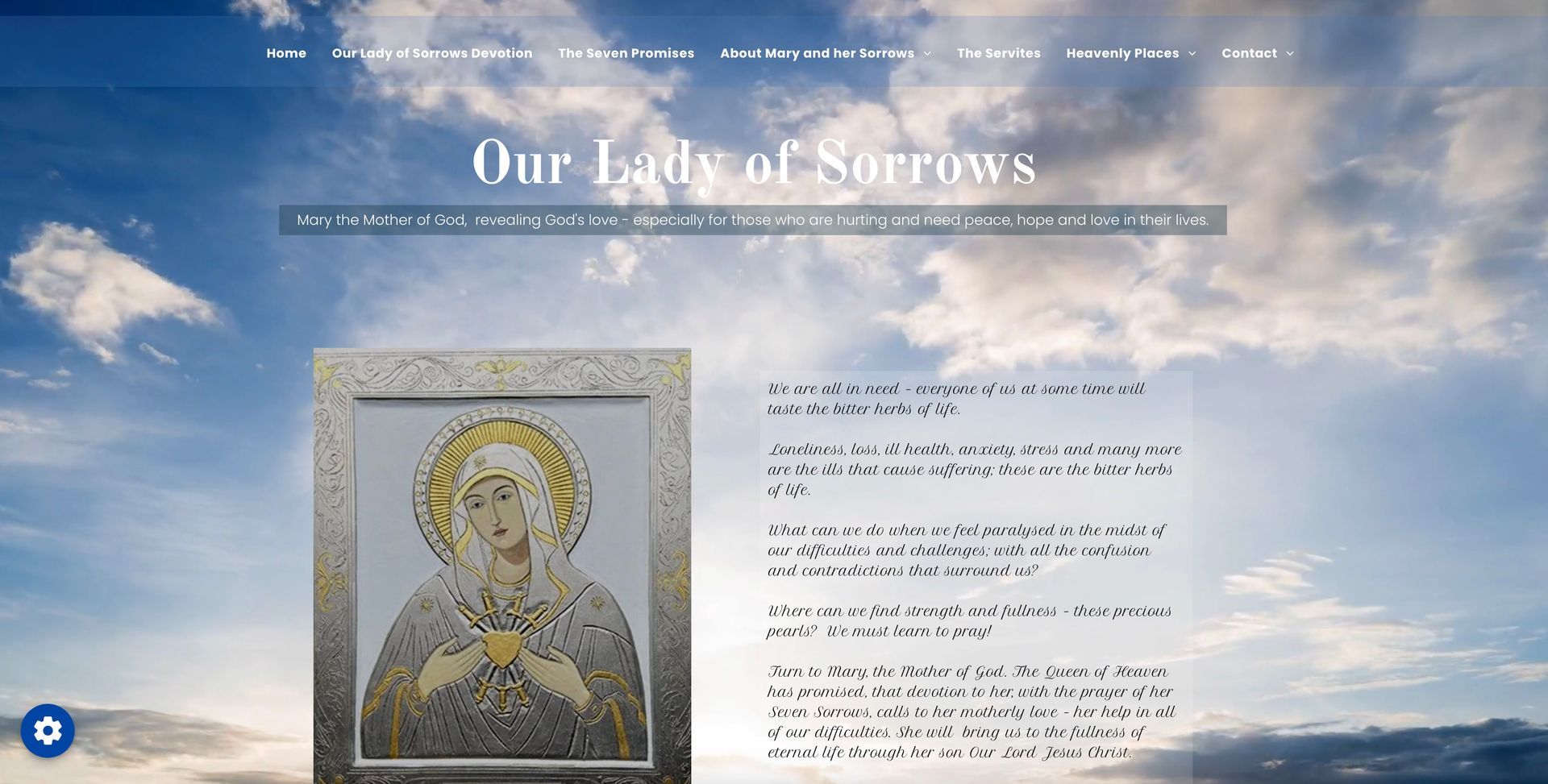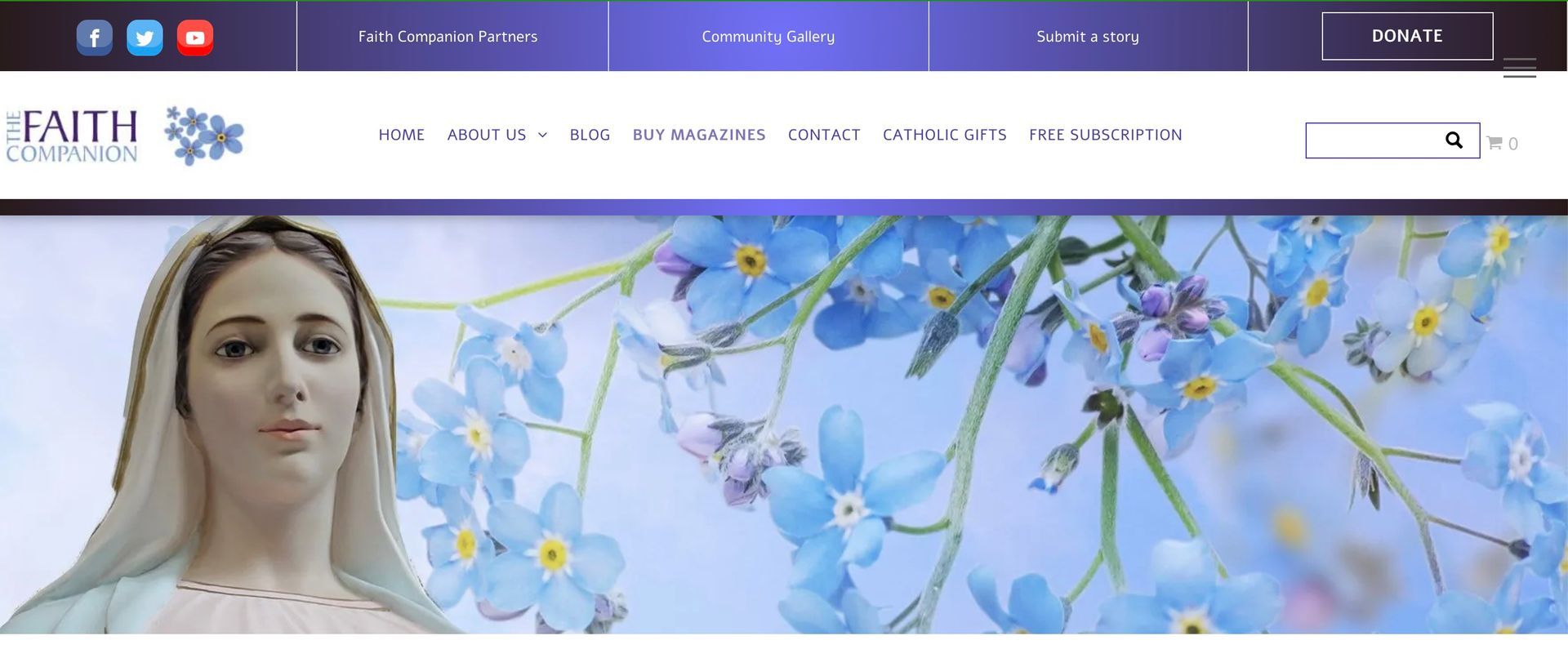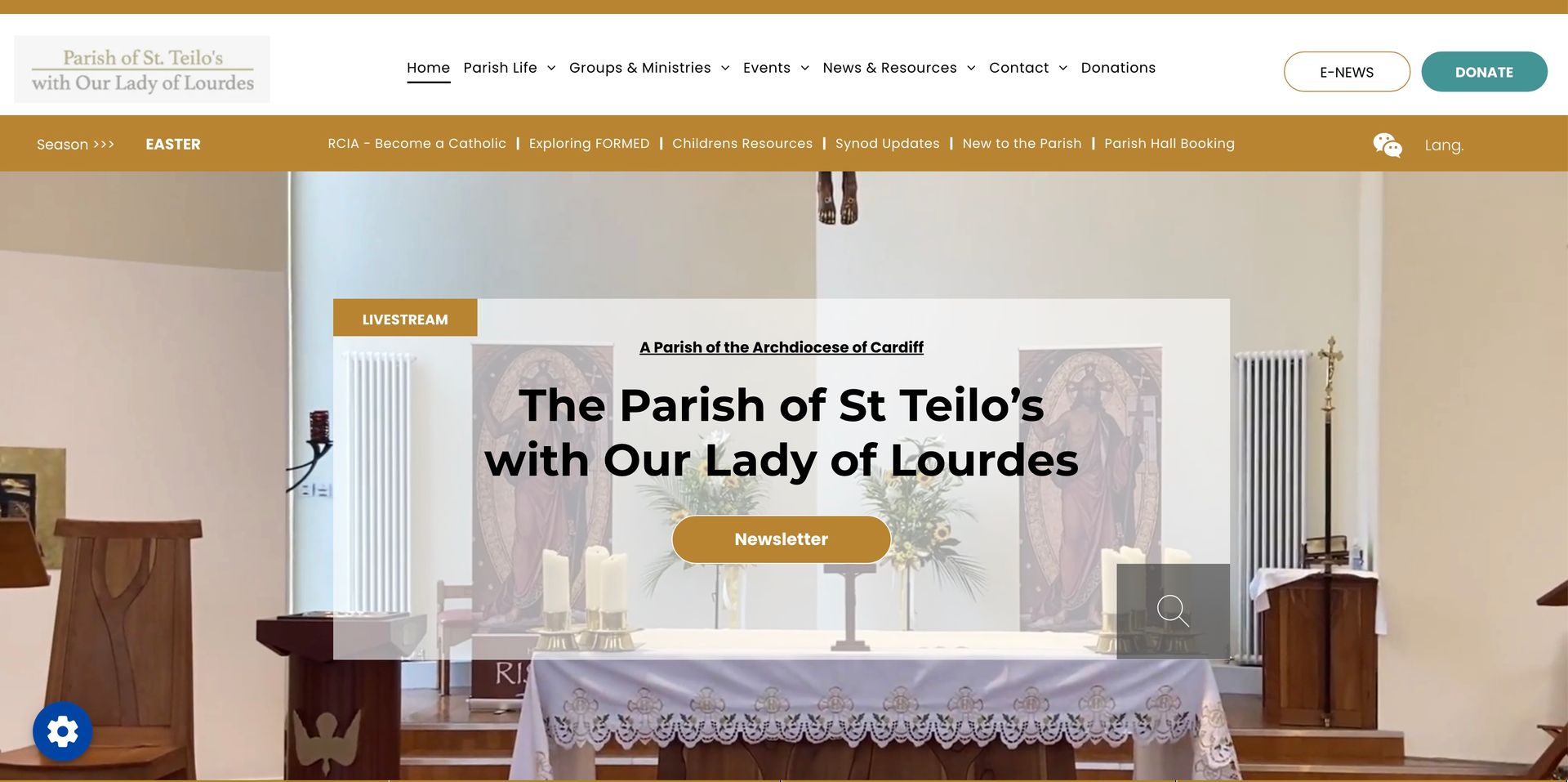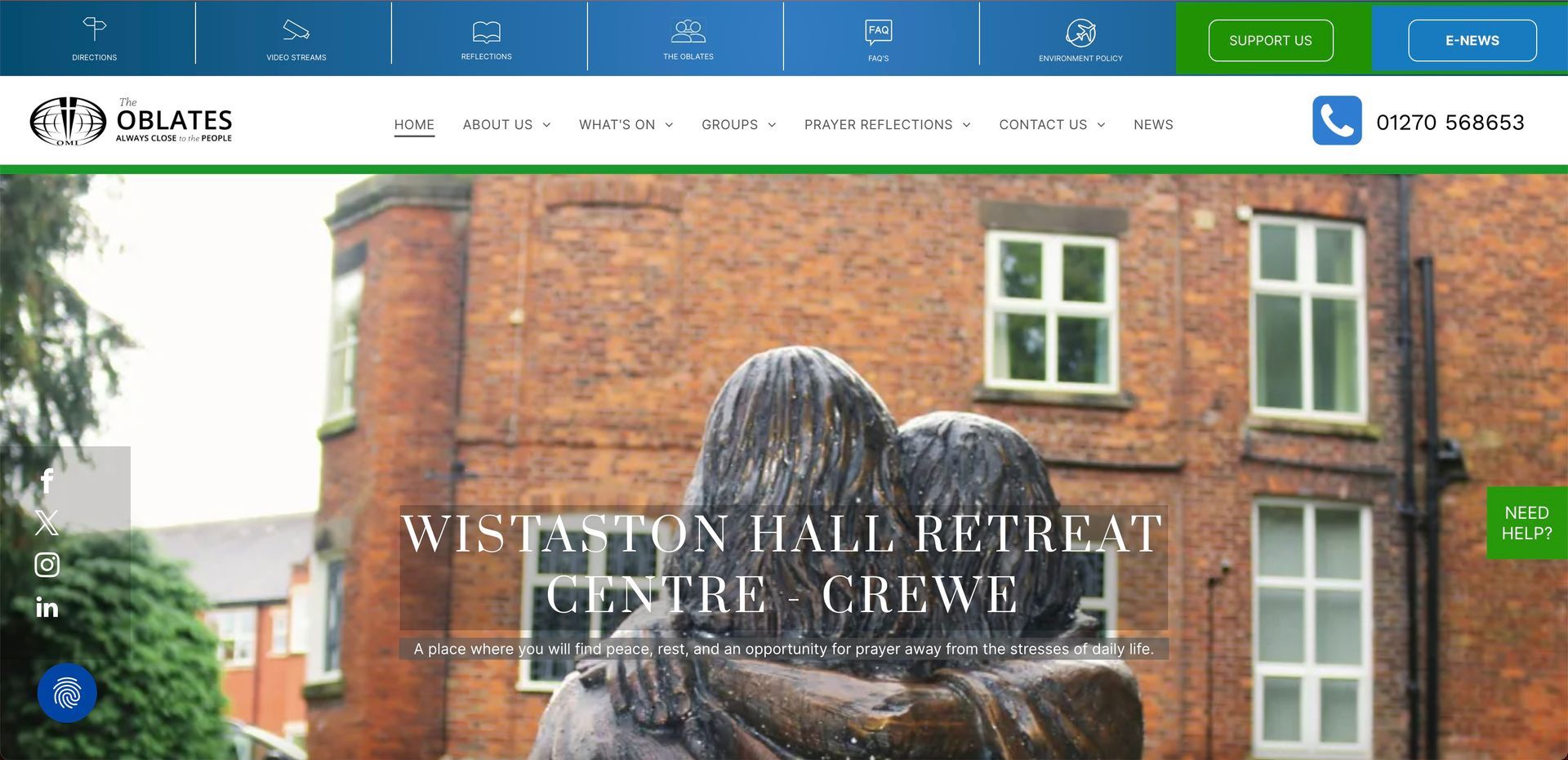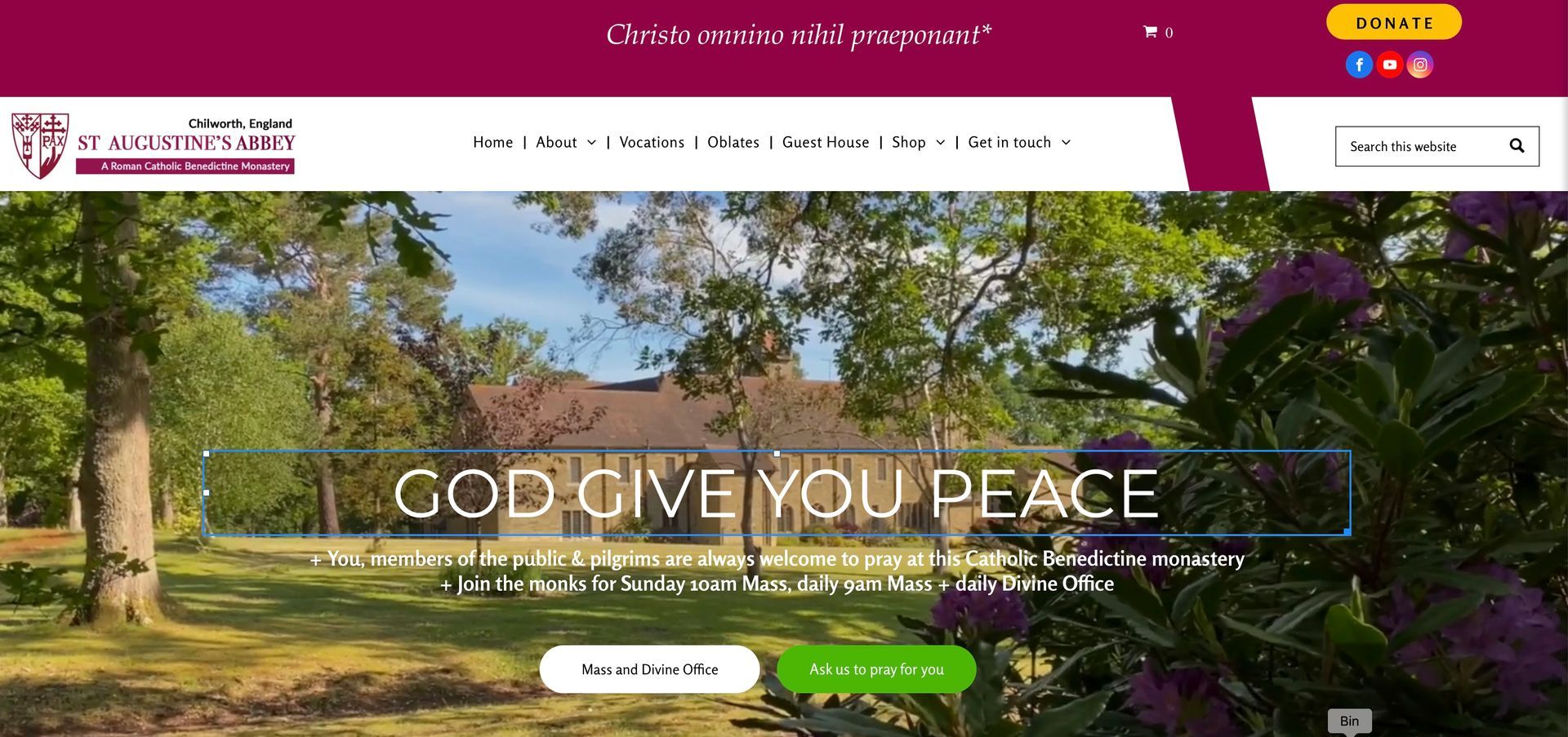CATHOLICS DID YOU KNOW?
Many Catholic Lay brothers and sisters are often surprised when they discover the hidden truths and reasons behind our Catholic Faith. Although the Church may consider these truths as already understood or accepted by the faithful, we often overlook them and need gentle reminders. Our community spaces are filled with valuable resources and information related to our faith and the reasoning that underpins our beliefs.
Everyday Catholic Questions - Sample
Q:
I am a relatively new Catholic and recently found out, through a group meeting, that there are specific ways of disposing of certain sacramentals, according to the Teachings of our Church.
Not so long ago, a heavy wind knocked over a beautiful statue of the Virgin Mary I had on my windowsill and the head came clean off! I was heartbroken as I loved this statue, often using it when praying my Rosary

A QUESTION OF FAITH
Discover engaging topics about Catholics in our 'Did You Know?' series, available on the Catholic Communities social platform. All articles are curated by The Faith Companion magazine, a trusted resource to support Catholic Lay people in exploring the depths of our faith.
